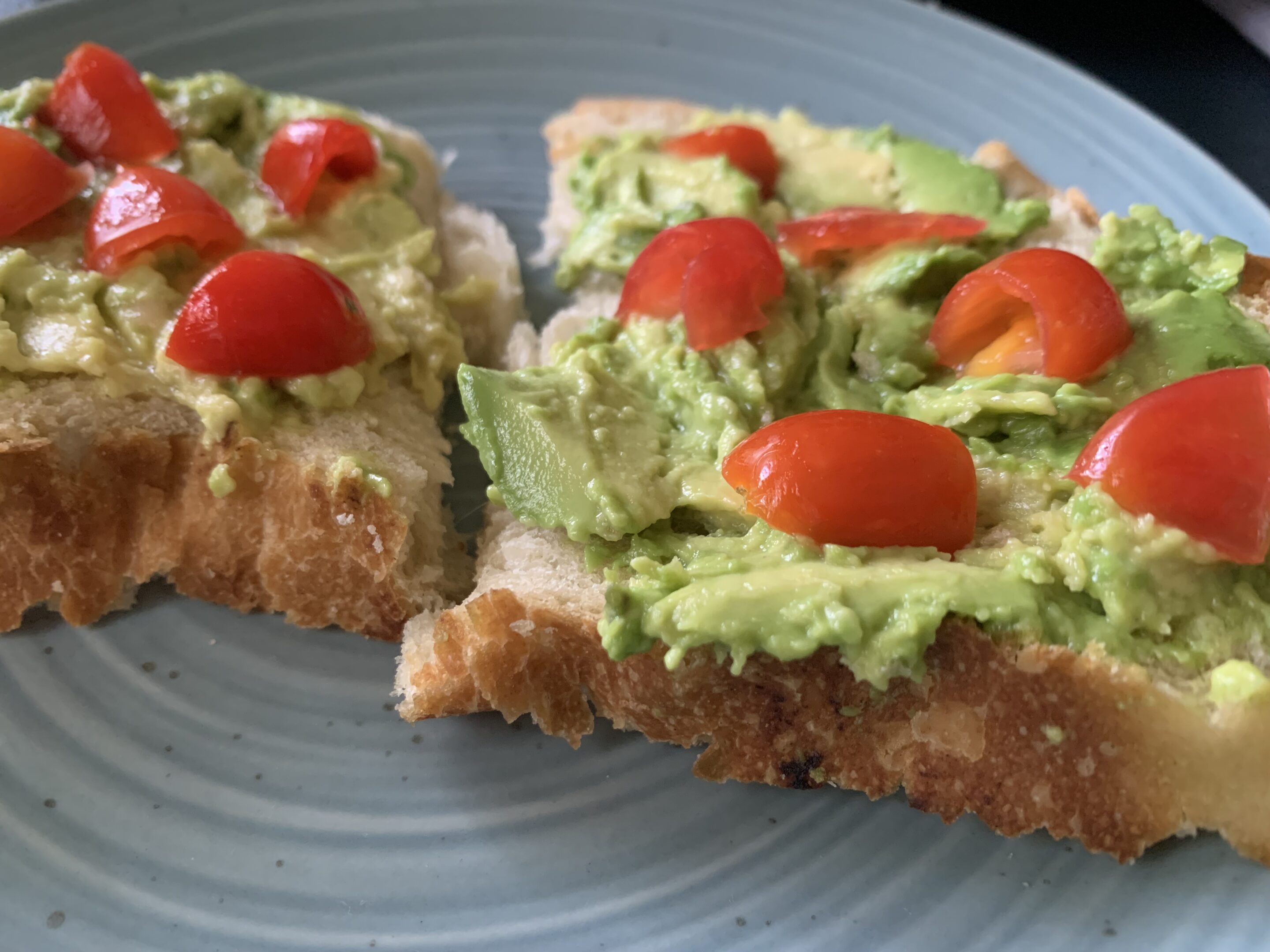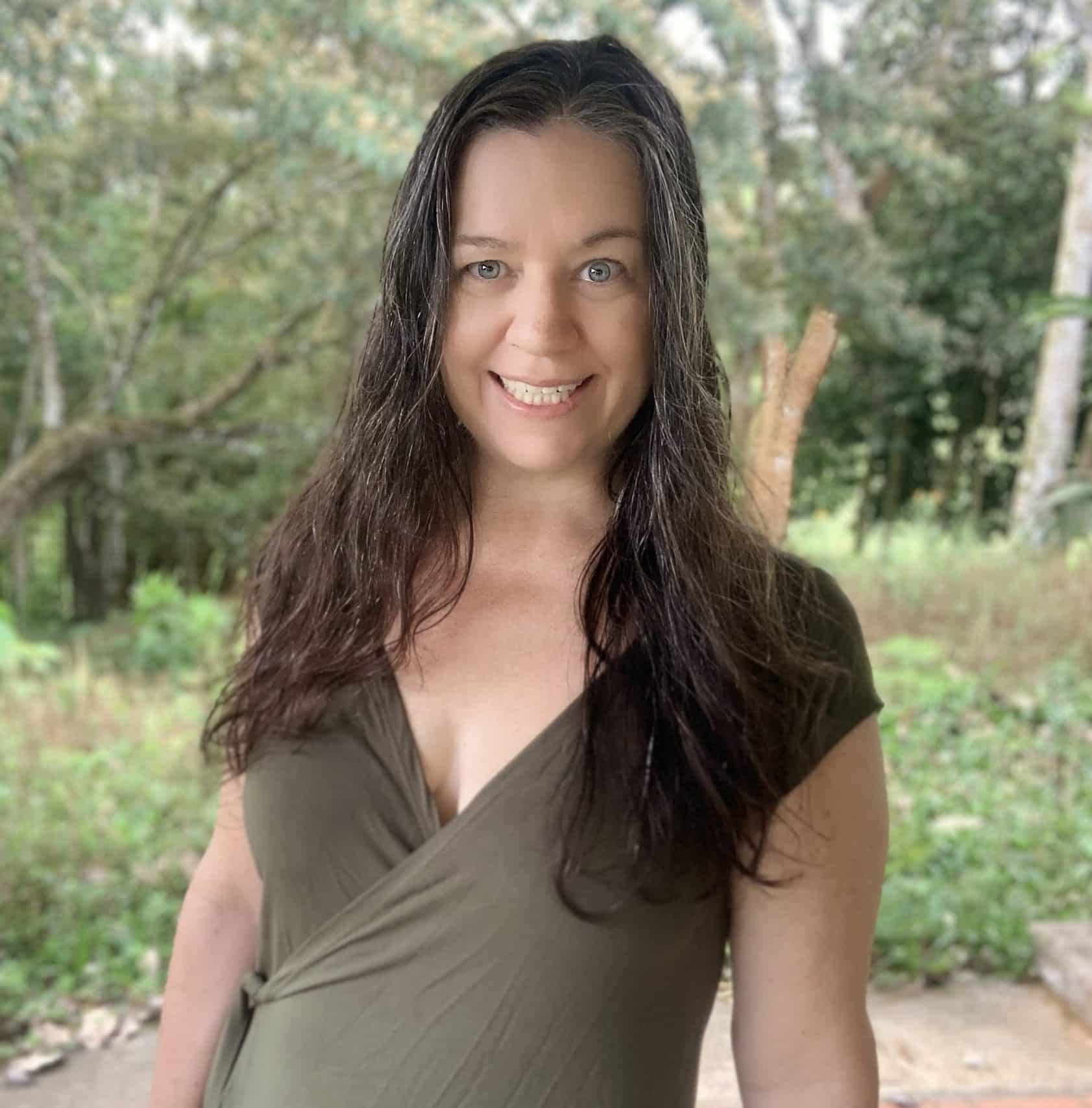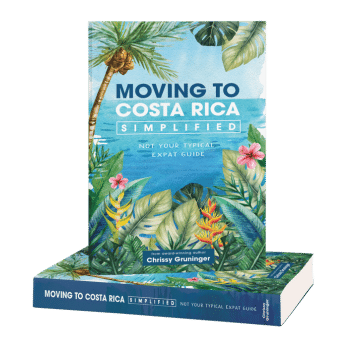Living in Costa Rica, I often find myself pondering our world – the space we occupy in it, the things we take for granted, and what we consider normal. It can be so easy to lose perspective on what we want versus what is enough.
The other day, I experienced a series of events that really drove this home.
Let me set the scene. The sun was just creeping over the horizon as I descended the short trail to the main road, its earliest rays glinting off the roofs of the homes on the hillside across the street.
These homes make up a shanty town, a collection of barely-standing structures. The floors inside are made of packed dirt, the windows empty of glass or screens, adorned with simple curtains, or even just an old sheet. Most of these homes consist of one room for an entire family to live in. Some of them have outhouses, some don’t.
They’re simple, they’re shelter, and they’re enough.
Looking up at this teeming collection of homes, I felt a wave of gratitude wash over me. My own house is very simple – my windows are also glassless (though I do have screens, thankfully), and when it rains, the drops punctuate my sleep as they land on the tin roof. Only cold water flows from my faucets and shower. But I have a refrigerator, a washing machine and a hot plate. In the developed world, hot water heaters, dryers, microwaves, dishwashers, and ovens are considered “normal.” From where I’m standing right now, and from the perspective of many across the globe, these modern day appliances are luxuries. Living here, I realize that I have everything I need, and many of the things that I want as well. I am very fortunate.
I stepped into the waiting taxi and was whisked away to my first stop: the bank. On this particular day, I happened to notice the man hunkered down in front of me. His clothes were completely tattered and torn, but what struck me the most were his mismatched shoes. One was brown, one was black. Both were equally old and scuffed. But they were shoes, and they protected his feet, so they were doing their job.
How many pairs of shoes are enough?
I glanced down at my phone to scroll through my Facebook feed, stopping at a Havana Times article about a Cuban woman who had a difficult time simply acquiring bread for her family, and then was faced with the challenge of creating a decent meal from it. Food is scarce in Cuba, where the average salary is $20 per month, and her family’s monthly rations could only get her so far. Her solution: avocado toast, the recipe for which she kindly offered up for the readers. Part of me was grateful that internet is difficult to find in Cuba. I could only imagine her reaction if she learned that people in the US pay upwards of $20 for the very meal she scrimped and saved to serve her family.
But it’s simple, it’s nourishment, and it’s enough.
___
Here in Costa Rica, I’ve gained a firsthand understanding of what Gandhi meant when he said, “Live simply so that others may simply live.”
When’s the last time you took an inventory of your life?
Look down at your feet. Is there a floor beneath you? Is it tile, hardwood, carpet? Now consider your body. Are you healthy? Do your clothes fit, and are they clean and free of holes?
What about your home? Do the walls provide shelter from the elements? And furniture — the table around which your family and friends gather to eat, the sofa for cuddling in front of your flat-screen TV, a memory foam mattress?
Do you have electricity? Hot and cold streaming from faucets? How about a computer? Multiple computers? Smart phones, cameras, Fitbits?
Is there food in your fridge? What will you choose to cook for dinner?
Friends, let us bathe in gratitude for everything that we have – access to education, to choices, to objects that we desire. If we’re safe and we’re nourished, that, in its small way, is simple luxury.
It seems so often that we — myself included — overlook our blessings, and continue to crave more. What we don’t seem to realize is the scarcity that exists for so many, and how the way we live could impact the lives of others.
I will leave you with a challenge:
The next time you go shopping, make a different kind of list. On one side, put down what you need; on the other, note what you want. How can you find a balance between the two? How can you shift your perspective from always wanting the next best thing and enjoy what you already have? Perhaps you don’t need to go shopping at all. Perhaps you’ll realize that all you want — and, even more, all you need — you already have.




0 Comments